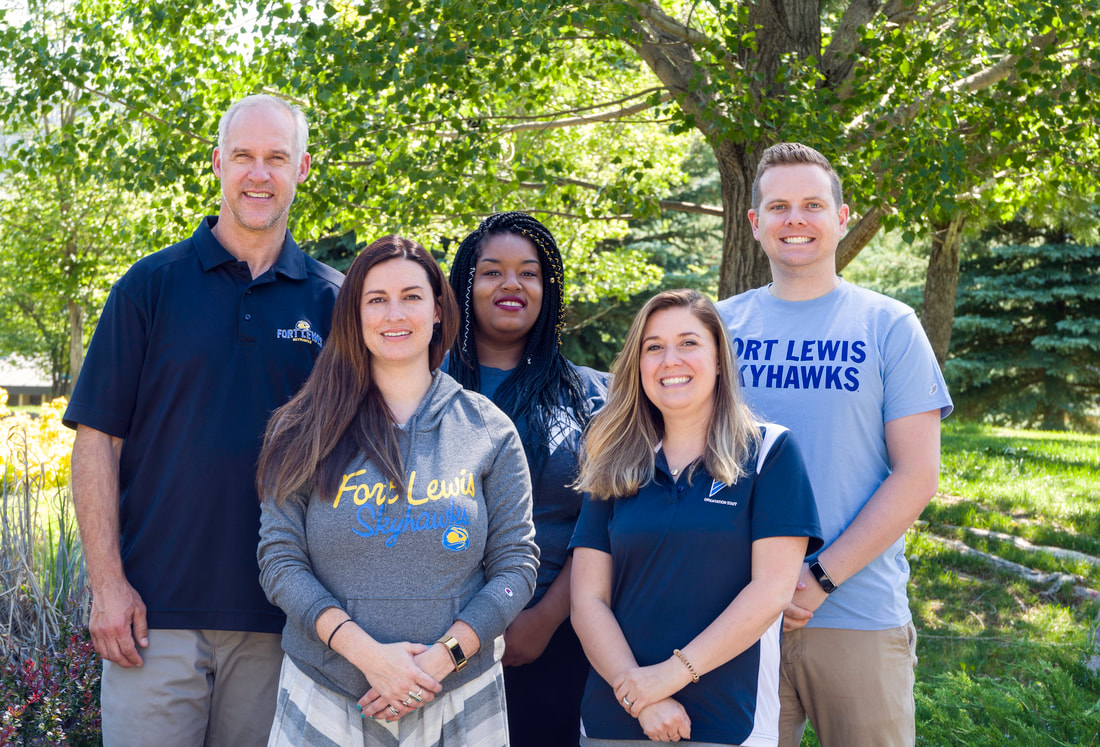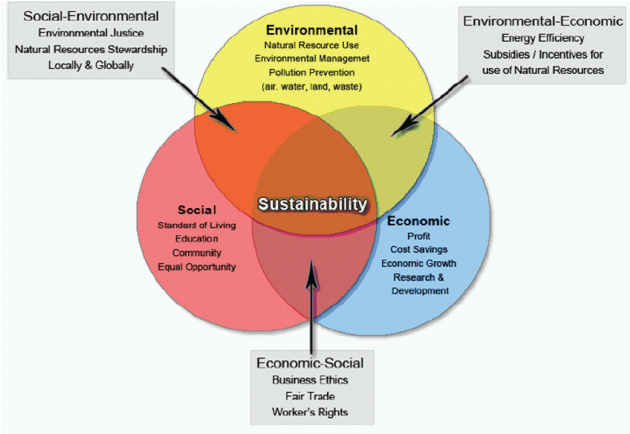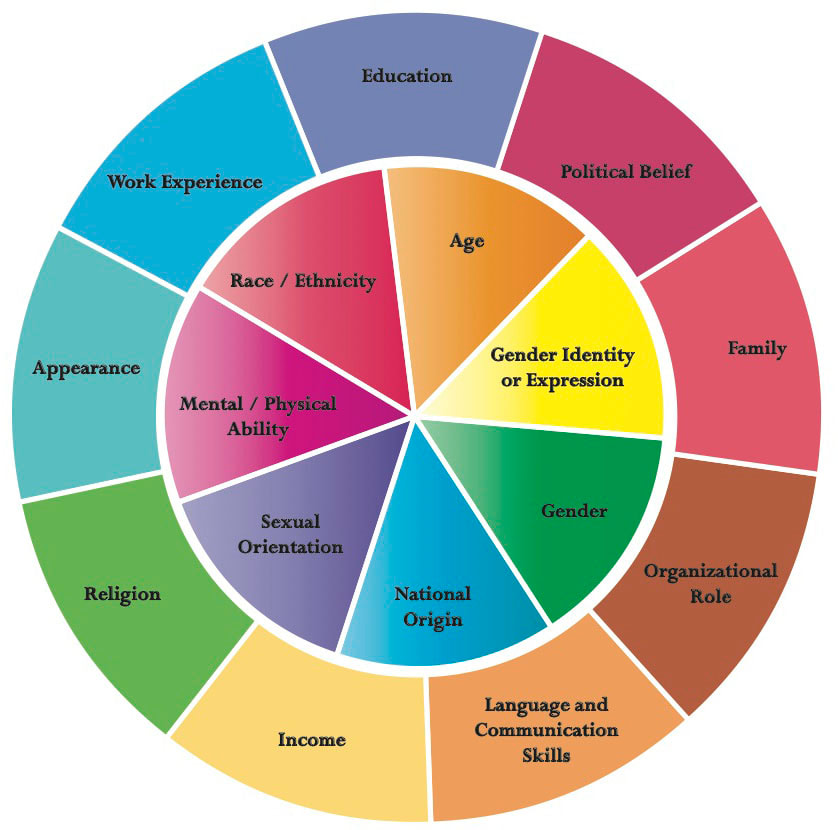|
Starter
NOTE: You will be self-assessing with the rubric as your ticket out the door. NEW Portfolio Guidelines and November/December Conference Calendar (on the docs page too) What feedback or further revisions would you make?
Rehearsal and Critiques (20 minutes) Form a group of 3-4 and find a space either in the corner of this room, or the hallway or an empty classroom Take turns delivering your Justice Monologue and giving each other feedback based on the rubric. Be sure to help each other with your starter guiding questions. Refinement (30 minutes) Refine your Justice Monologue! FUN ICE-BREAKER- we're going to play a movement game that is fun, funny and gets the jitters out before delivering monologues! Deliver (11:30, 2:00) We'll begin delivering monologues with 45 minutes left in class Ticket Out the Door: Reflect and Self-Assess!
STARTER: STAR POWER SURVEY
Class Biz
Week 4 Portfolio Update
Senior Project Phase 2 Research You should be completing research in time for your senior project teacher conference!
STARTER
CLASS BIZ
SHARE OUT Starter responses JUSTICE MONOLOGUE PREP DOCUMENT and Work Time
Reminders
Starter Let's scope out the map of our route to chaco and talk about our pitstop at near the northern-most point of the Great North Road. What is so cool about the blog I’m about to read you is the concept of living history-- there is this element of mystery involved here-- where did the Great North Road go? How did the Ancestral Puebloans get through this one spot on their way to down into Kutz Canyon to Salmon Ruins in Farmington today? How wild is it that now this place is a pit stop and an oil well is right smack dab at the bottom of the stairway??
Continue Complexity assignment Today and tomorrow in class, you'll have time to build your knowledge base on the cultural significance of Chaco and the oil and gas controversy in the greater Chaco region.
Class Biz
Learning Goals
FINISH Beyond Standing Rock Film The Complexity of Oil and Gas in the Greater Chaco Region
Starter
Read the following quote from the weekend's reading assignment by Barry Lopez and then write about a place that holds significance to you and that you find beautiful or find peace within. It could be ANYWHERE! Inside or outside! A corner in your bedroom, or a mountain range. A city alleyway or a highway corridor. Describe it in as much detail as you can and explain why you find it beautiful or why it is significant to you. "In Spanish, la querencia refers to a place on the ground where one feels secure, a place from which one's strength of character is drawn. It comes from the verb querer, to desire....In Spain, querencia is most often used to describe the spot in the bullring where a wounded bull goes to father himself, the place he returns to after his painful encounters with the picadors and the banderilleros. It is unfortunate that the word is compromised in this way, for the idea itself is quite beautiful-- a place in which we know exactly who we are." (14). Today's Goals/Questions
Class Biz
Discuss “Rediscovery of North America” and Chief Seattle’s Speech
Define Environmental Justice (see the slide on EJ for a basic definition) Read and hashtag for Principles of EJ movement
Define Tribal Sovereignty Tribal sovereignty in the United States is the concept of the inherent authority of indigenous tribes to govern themselves within the borders of the United States. Watch Beyond Standing Rock (1 hour and 11 minutes)
After the film:
Homework All students: Begin the Chaco assignment by reading the summary of "The Players" on page 2 and at least 2 of the three short articles on page 3. We'll have work time in class on Tuesday after the 50 minute film and all of Wednesday, too. Honors: Read intro of Windfall by Monday and part 1 of Windfall by next WED 10/30-- we’ll meet at lunch on Wed 10/30. See your email for the discussion questions/reading schedule/essay guidelines. Starter: Read this Washington Post and answer these questions:
**Reveal the Extra Credit results from the exam** CLASS BIZ
Definition of sustainability: Meeting needs of the present without compromising needs of future generations The 3 spheres of Sustainable Development (super briefly) Watch Human Element (First two chapters- 35:30 and then from 1:10 to the end)
Take notes on either “Water” or “Air” on this note-taking form Introduction to Human Element Renowned photographer James Balog (CHASING ICE) uses his camera to reveal how environmental change is affecting the lives of everyday Americans. Following the four classical elements— air, earth, fire and water— to frame his journey, Balog explores wildfires, hurricanes, sea level rise, coal mining, and the changes in the air we breathe. With compassion and heart, THE HUMAN ELEMENT tells an urgent story while giving inspiration for a more balanced relationship between humanity and nature. Discussion: Get into a group with a people who took notes on the same Element and share out notes, fill in the gaps. Turn in your notes to Ashley Work Time: Senior Project Next Steps + Assign “Rediscovery of North America” By Barry Lopez and the Chief Seattle Speech Due Monday, 10/21 Starter
Announcements
Transition: A brief dance party! Senior Project Phase One Peer Discussions Protocol + Guidelines for Next Steps
Reflection + Portfolio Conferences with Ashley Once you completed your discussions, please complete the reflection on the same document as where your brainstorm was (the one you should have shared with me at the beginning of class)
Next Steps (PHASE 2) Work Time
Starter: Matching Game! Can you match the terms with the following definitions? see page 7 Class Biz
Rationale for why were doing today's activities on "isms" and bias: We have been talking a lot about what is fair and not, what justice means, who deserves what, who needs what, etc… Starting on Thursday, will be turning our focus to environmental ethics and the intersection between environmentalism and social justice. To apply new concepts on that topic, we'll examine a couple different case studies where there is clearly an issue of justice at the heart of some controversies on how we should DISTRIBUTE land-- who should have access to what lands, how should certain lands be used, do we prioritize economic interests and energy needs over human and environmental health and cultural beliefs, etc? Often, the way these controversies are resolved comes down to who has the power and who doesn’t. So, before we dive into those, let’s just make sure we have some common definitions under our belts and some awareness of the levels of oppression and the different ways our own biases might show up. Trust me, these definitions will come up a lot more when you all leave the fairly homogeneous Osprey Nest and enter more diverse college campuses and work environments, so y'all might as well grapple with them now. Today's Learning Objectives
As always, these ground rules for discussion apply:
Crash Course “Race and Ethnicity” (10 minutes)
Table Talks (groups of 3-4)
These characteristics place people into certain categories of society within the realms of privilege and oppression. Each component of the Diversity Wheel determines how you are viewed and treated by those around you. The inner circle is filled with characteristics that are inherent and cannot be altered, while the outer wheel are acquired characteristics. As explained by Allan Johnson, these categories do not express the true identity of a person, their thoughts, feelings, and aspirations. It is a surface view of how society is constructed.
TABLE TALKS (continued)
Watch a clip from “A Class Divided” ( end at 14:53 or 17:00) One day in 1968, Jane Elliott, a teacher in a small, all-white Iowa town, divided her third-grade class into blue-eyed and brown-eyed groups and gave them a daring lesson in discrimination. This is the story of that lesson, its lasting impact on the children, and its enduring power 30 years later. Discussion questions:
Examining Implicit Bias
Ted Talk: "How to Overcome Bias" Verna Myer's Ted Talk goes over a bit more on implicit bias and ways to overcome it.
Exit Ticket: Reflect on today's learning objectives Review the learning objectives for today and then pick one or two that you think were most interesting, impactful, or relevant and explain what you learned and how it applies to you. Today's Learning Objectives
Reminders
Today is devoted entirely to WORK TIME on the following items:
STARTER
Wrap up Lecture on Aristotle (last two slides) TEST PREP We will work as a whole class on the first part of this test prep document, and then in small groups, you'll have time to help each other with the rest. If time: Study for the exam!
Starter: Turn and talk with a partner
What does moral arbitrariness mean and how does it apply to Rawls' philosophy? Ashley's Wrap-up of Rawls- we'll read and discuss pages 160-166 Study Group Time Answer the questions on John Rawls. Make sure you all can provide answers in your own words for these questions Lecture on Aristotle Starter: Review your notes on John Rawls
1. What is the Veil of Ignorance? 2. What is one Rawlsian concept that you still don't quite understand clearly or wouldn't be able to apply it to a real-life scenario? Kahoot! (Morning pod only) Get ready to test your knowledge on the philosophies! Finish John Rawls Lecture Announcements
CATCH Up Work Time Your options include:
Learning Goal
STARTER: What is one idea you have for senior project? Homework Reminder
Work Time (45 minutes) Senior Project Brainstorm Phase 1 (see documents page) This is due October 16th! LECTURE: John Rawls' Justice as Fairness Study group time for chapter 6 |
Ashley CarruthHumanities teacher at Animas High School Archives
May 2021
Categories |




 RSS Feed
RSS Feed
